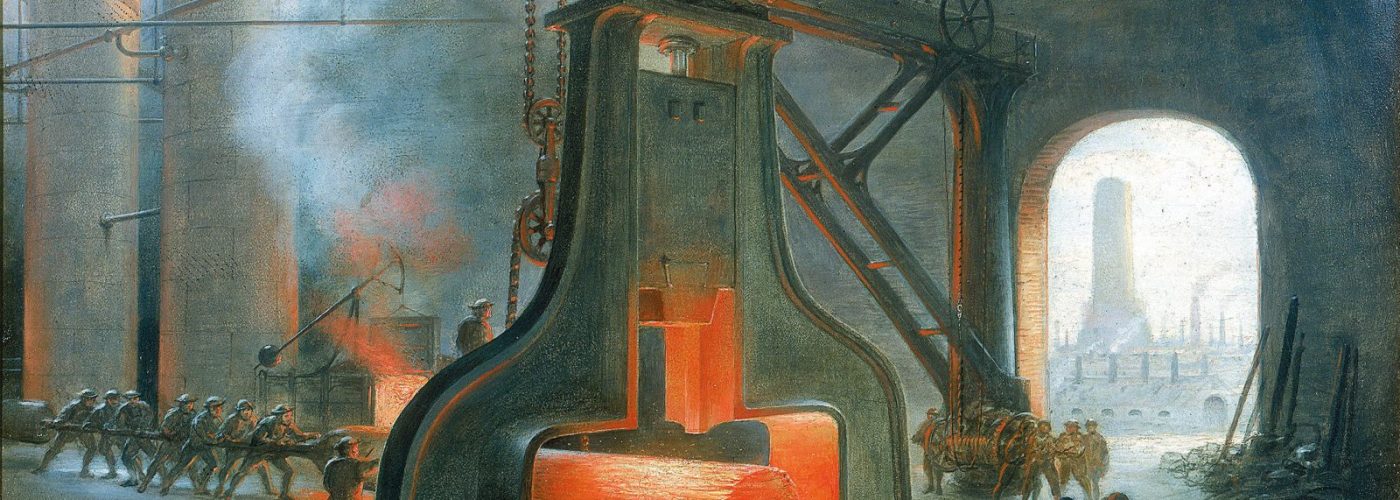When you hear the term ‘industrial revolution’ – what does it bring to mind?
Perhaps factories in Victorian-era Great Britain and images of archaic locomotives (scenes which came to Australian shores by the mid-late 1800s).
Did you know that this revolution is just the first of four that have changed the face of the world in the time since?
Here, we’ll take a look at each of the four industrial revolutions and how they have altered global society.
The first industrial revolution
- When was it?
Between approximately 1760-1820 – concentrated mainly in the United Kingdom, continental Europe and the United States. Related technologies were then taken to other parts of the world.
- What changed?
Handheld tools were replaced by huge machines that were powered by steam or water and enabled the creating of factory production. As working life changed the world over, incomes and populations soared, setting the human race onto a path of continued growth that we remain in now.
- How have we changed?
As factories continued to be made and everyday items became increasingly monetised, one of the unforeseen results of this revolution was the rise of capitalism in its most modern sense. This alteration to how we live is often labelled as the most significant change that the human race has ever experienced.
The second industrial revolution (The technical revolution)
- When was it?
This period of near-constant scientific and technological discovery is generally placed from the late 1800s until the outbreak of World War I in 1914.
- What changed?
Advancements in medicine saw previously widespread diseases start to be eradicated, while railroads became widespread and energy, water and sewage systems becoming more sophisticated saw the rapid expansion of urban areas the world over. Electrification also streamlined many of the manufacturing processes that had emerged in the first industrial revolution.
- How have we changed?
The inventions of the telephone, automobile and aeroplane made the world a much smaller place for many people and helped to continue the globalisation that countries such as Britain had previously began in the previous era. Increased productivity and the creation of many modern business practices resulted in likely the quickest economic growth periods the world has ever seen.
The third industrial revolution (The digital revolution)
- When was it?
The latter third of the 20th century, starting in the late 1960s – some advancements extend this era into the modern day.
- What changed?
Analogue and mechanical technology was replaced in many cases by digital technologies. The mass production of certain components led to the rise of computers and mobile phones – both which were underpinned by wireless technologies like mobile networks and the internet.
- How have we changed?
Business again was turbocharged, with the internet in particular leading to the creation of completely new industries. Forex traders can now operate in seconds, retail business can offer goods across the world and brands subsequently are marketed on a global scale before local considerations.
The fourth industrial revolution
- When was it?
We’ve only just entered into Industry 4.0 by most experts’ reckoning and may be still in the first decade of it.
- What changed?
The rise of technological advancements like artificial intelligence, augmented reality and complex robotics are blurring the lines between human and mechanical experiences. Manufacturing processes that have emerged in the previous revolutions are now increasingly automated and run largely without human influence.
- How have we changed?
Cloud computing, social media and the internet of things mean we are now more connected across the world than ever before. The rapid change has led to governments – including Australia’s – needing to draft new legislation so that regulations remain relevant in our changing world.





